
Radar | Dec 05,2018
Oct 8 , 2022
By Million F. Wondmagegnehu
The global inflation due to COVID-19-induced lockdowns, the war between Russia and Ukraine and the unexpected rise in fuel prices, edible oil and fertilizers are sending shockwaves across the economies of many nations worldwide.
It could not know to what extent they record the best results, but governments have been implementing various measures to avert the influence of inflation. It is obvious that during such kinds of galloping inflation, which is very thorny to predict, the most affected portion of the population will be the vast majority of the poor, living in both developed and under-developed countries. It is no surprise that the multitude of global effects have worsened economic crises worldwide and have seriously exacerbated the plights of people living in poor regions such as Sub-Saharan Africa.
Various reports and anecdotal experiences are witnesses to escalating prices on essential commodities such as food, energy and medicines, which are a matter of life and death for most. The global situation is a scene of tragedy.
The economies of low-income countries in Africa and Asia, which have large chunks of their economy running with the help of international aid, are struggling in the face of economic failure, or worse, state failure. Several projects designed and implemented to improve the lives of citizens living in extreme poverty fail to achieve their goals. The funding invested in such projects ate by inflation, and the lives of the more significant portion of low-income households are being affected more than ever.
In the case of Ethiopia, the Productive Safety Net Program (PSNP) could be a typical example revealing the more significant challenge at hand. Inflationary pressure is exerting terrible consequences on the living conditions of the beneficiaries.
The PSNP is one of the food security programs in the country formulated in collaboration with the Word Bank to support food-insecure households by transferring cash and food items during shocks such as drought and other natural hazards. It launched in 2005. PSNP has become Ethiopia's principal food security strategy designed to benefit five million chronically food insecure people in targeted communities. The project has been through several challenges, such as, to name a few, availing essential services and allocating sufficient money for individual beneficiaries and the absence of clear budget distribution guidelines.
Nevertheless, presently it is gravely affected by the ever-increasing inflation. Headline inflation has been in the 30pc to 40pc range for over a year, while food inflation has edged above 40pc several times. The budget allocation for individual beneficiaries is not keeping pace, paying below half a thousand Birr, which is no longer sufficient to cover the basic expenses for meals and other necessities such as rent and clothing. With a sticky policy to revise, low-income households under the program are in a harsh situation.
Government agencies and donors working on the issue of social protection and PSNP should consider alternatives to better support the beneficiaries. It can start by improving resource mobilization efforts by sectoral and regional bureaus, mobilizing volunteers to provide psychosocial support for the elderly and incentivizing community-based organizations such as Idris to contribute their efforts to support the beneficiaries. Designing and implementing guidelines that facilitate the service of PSNP by previously uninvolved parties can be one way to go. The implementation of PSNP requires an enhanced food security strategy and more predictable transfers that adjusts periodically for inflation. Otherwise, it could be an exercise in futility.
PUBLISHED ON
Oct 08,2022 [ VOL
23 , NO
1171]


Radar | Dec 05,2018
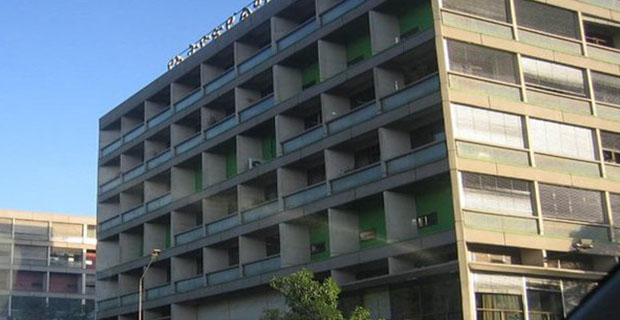
Fortune News | May 18,2019
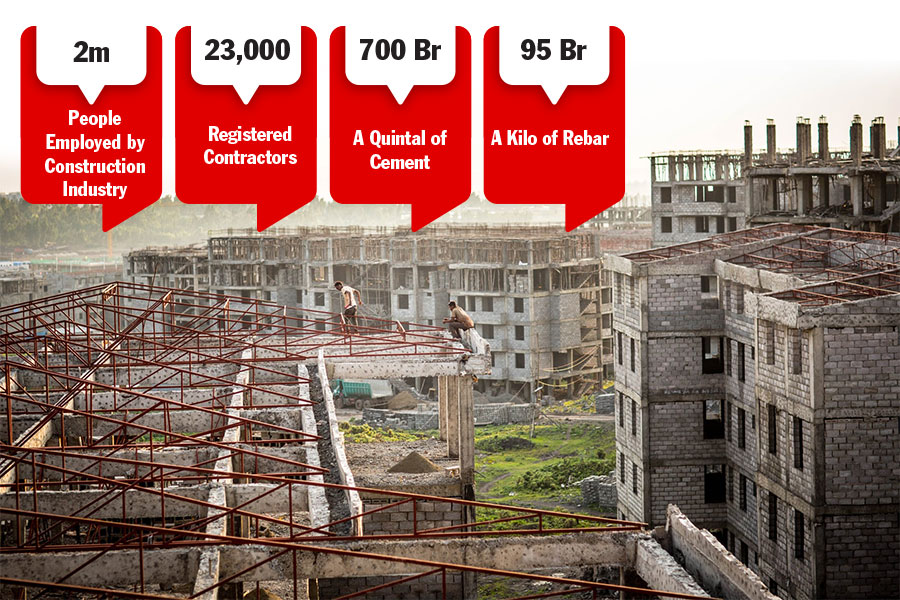
Fortune News | Feb 19,2022
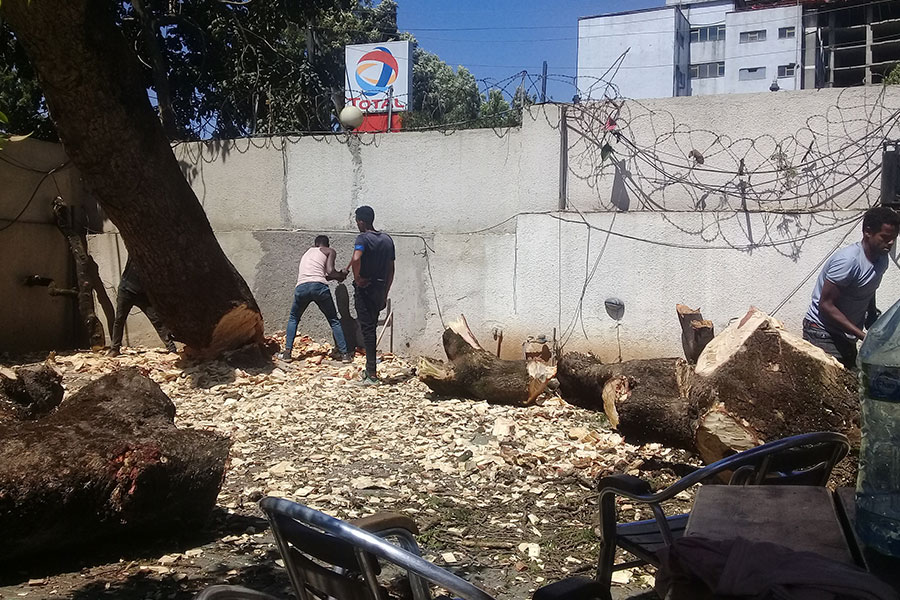
Radar | Dec 10,2022
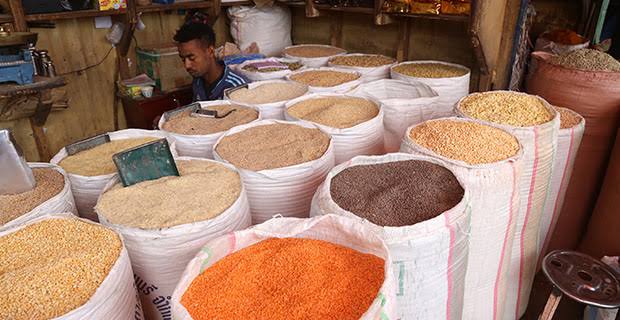
Fortune News | Oct 05,2019
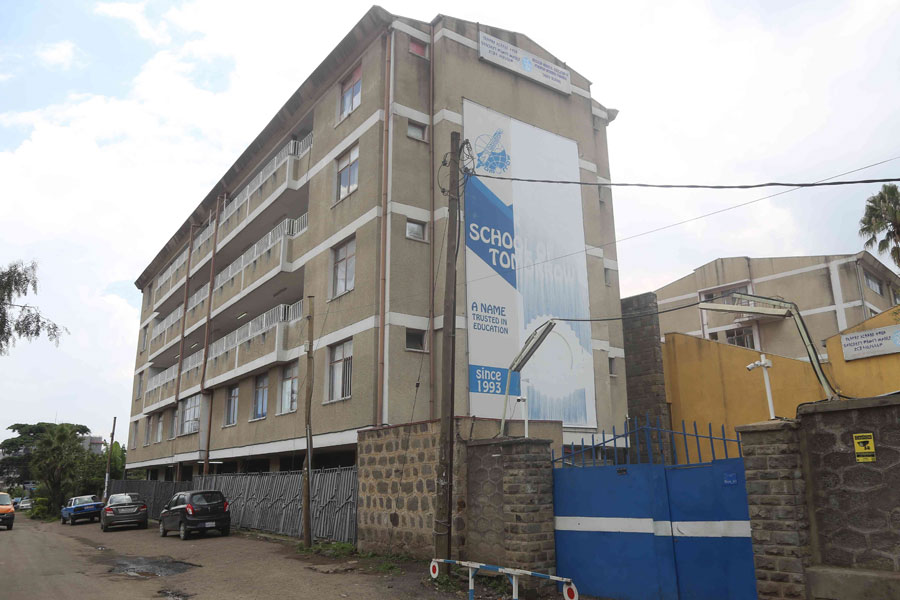
Agenda | May 20,2023
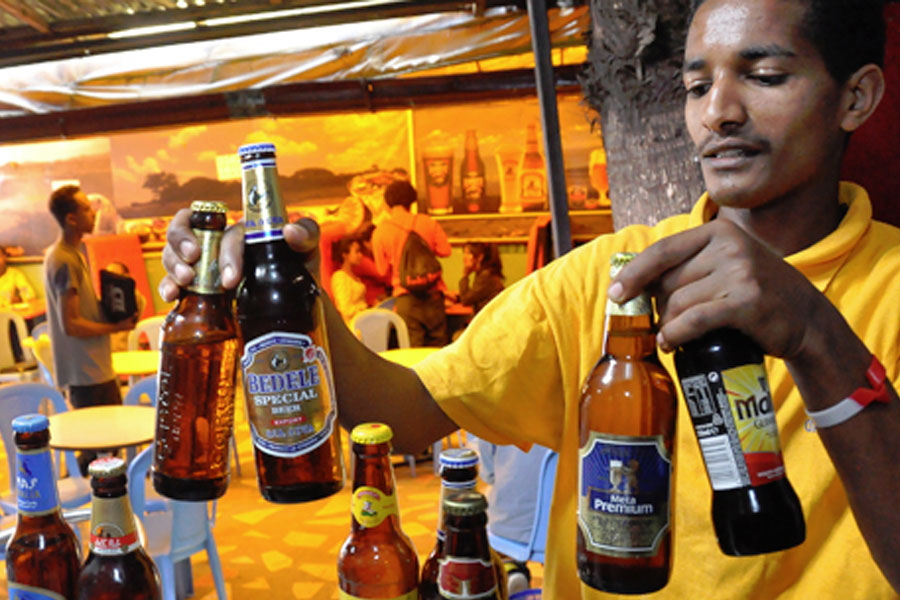
News Analysis | Mar 04,2023
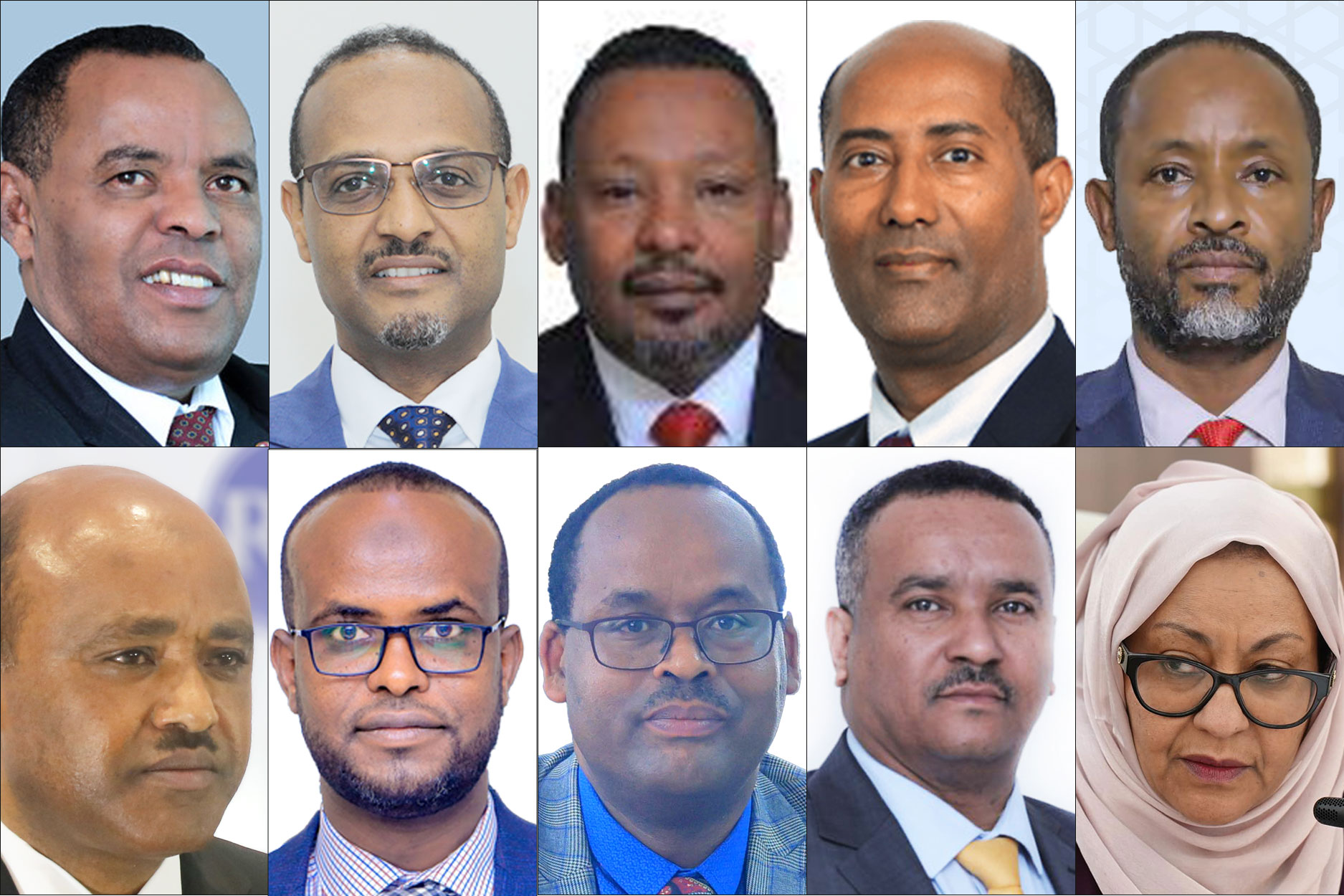
Fortune News | Apr 13,2024
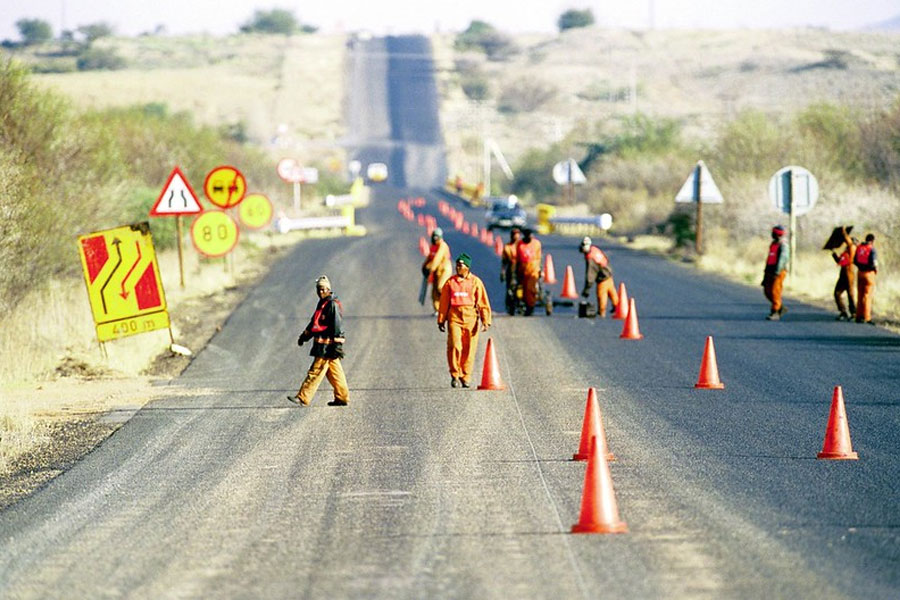
Fortune News | Jan 01,2022
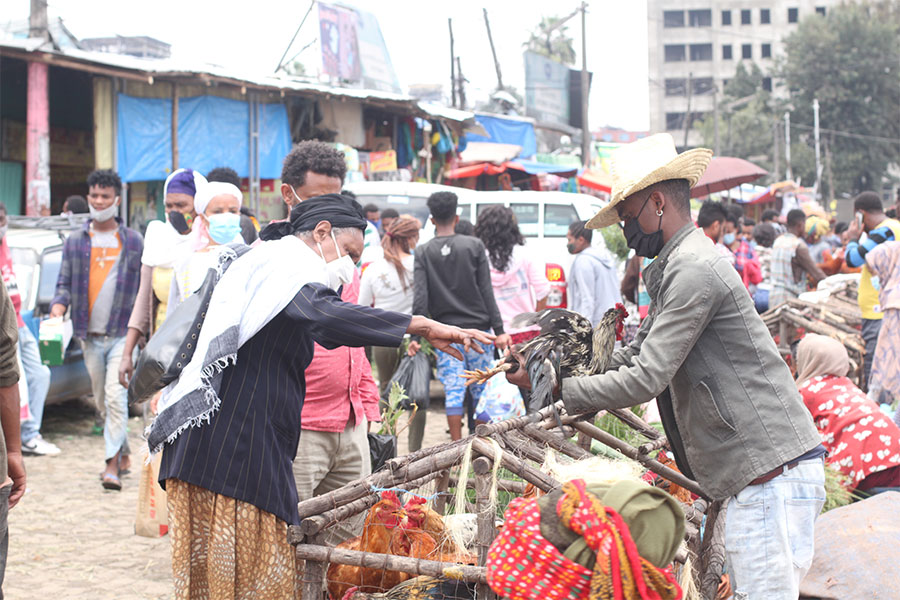
Agenda | Sep 11,2020

My Opinion | 131819 Views | Aug 14,2021

My Opinion | 128203 Views | Aug 21,2021

My Opinion | 126147 Views | Sep 10,2021

My Opinion | 123767 Views | Aug 07,2021

Dec 22 , 2024 . By TIZITA SHEWAFERAW
Charged with transforming colossal state-owned enterprises into modern and competitiv...

Aug 18 , 2024 . By AKSAH ITALO
Although predictable Yonas Zerihun's job in the ride-hailing service is not immune to...

Jul 28 , 2024 . By TIZITA SHEWAFERAW
Unhabitual, perhaps too many, Samuel Gebreyohannes, 38, used to occasionally enjoy a couple of beers at breakfast. However, he recently swit...

Jul 13 , 2024 . By AKSAH ITALO
Investors who rely on tractors, trucks, and field vehicles for commuting, transporting commodities, and f...

Jul 5 , 2025
Six years ago, Ethiopia was the darling of international liberal commentators. A year...

Jun 28 , 2025
Meseret Damtie, the assertive auditor general, has never been shy about naming names...

Jun 21 , 2025
A well-worn adage says, “Budget is not destiny, but it is direction.” Examining t...

Jun 14 , 2025
Yet again, the Horn of Africa is bracing for trouble. A region already frayed by wars...

Jul 6 , 2025 . By BEZAWIT HULUAGER
The federal legislature gave Prime Minister Abiy Ahmed (PhD) what he wanted: a 1.9 tr...

Jul 6 , 2025 . By YITBAREK GETACHEW
In a city rising skyward at breakneck speed, a reckoning has arrived. Authorities in...

Jul 6 , 2025 . By NAHOM AYELE
A landmark directive from the Ministry of Finance signals a paradigm shift in the cou...

Jul 6 , 2025 . By NAHOM AYELE
Awash Bank has announced plans to establish a dedicated investment banking subsidiary...